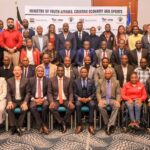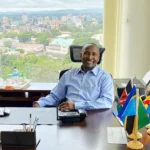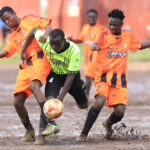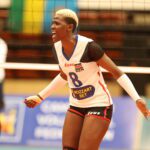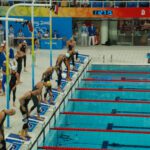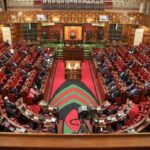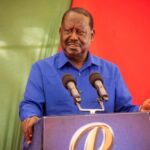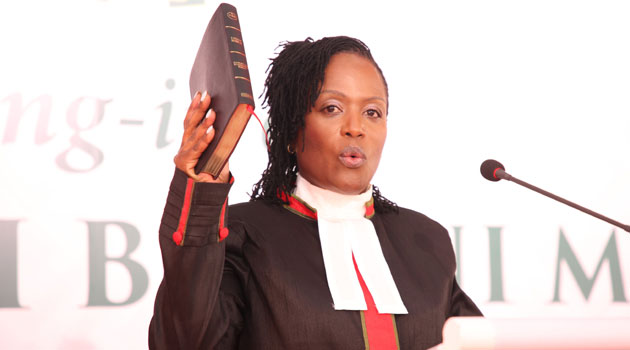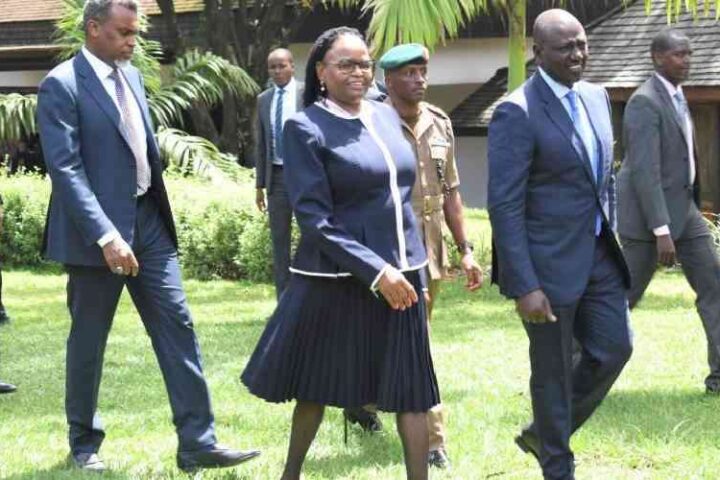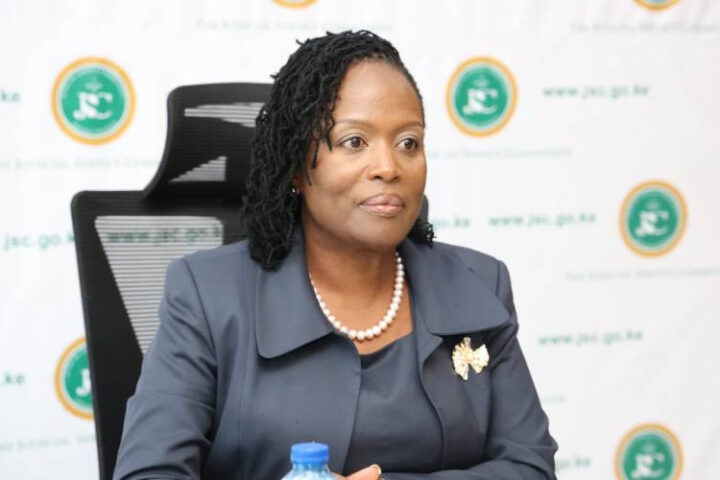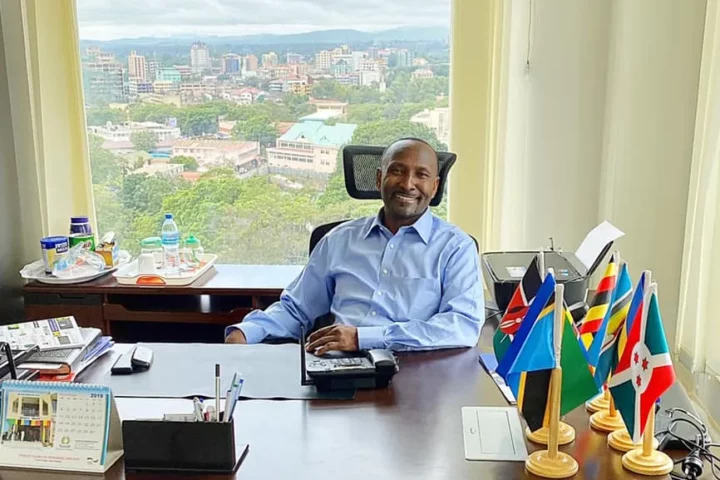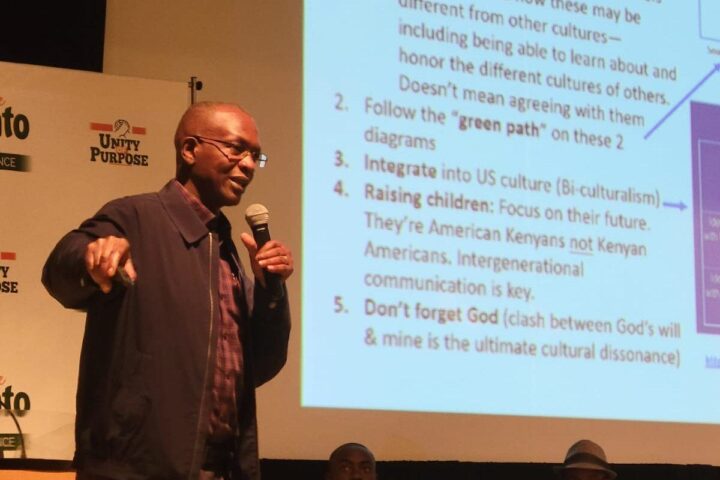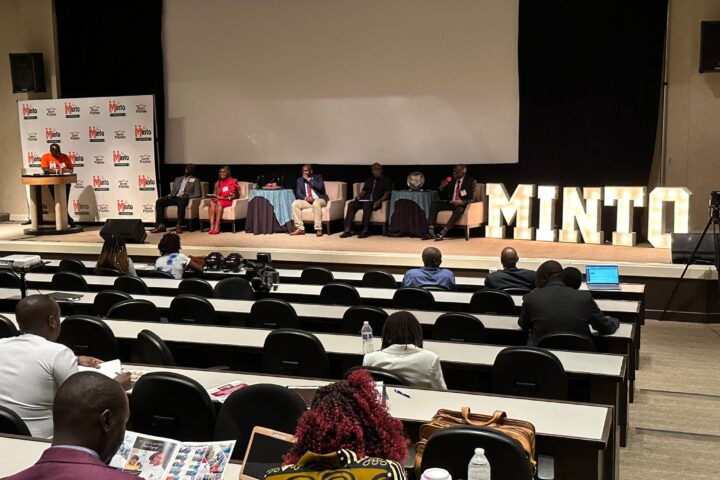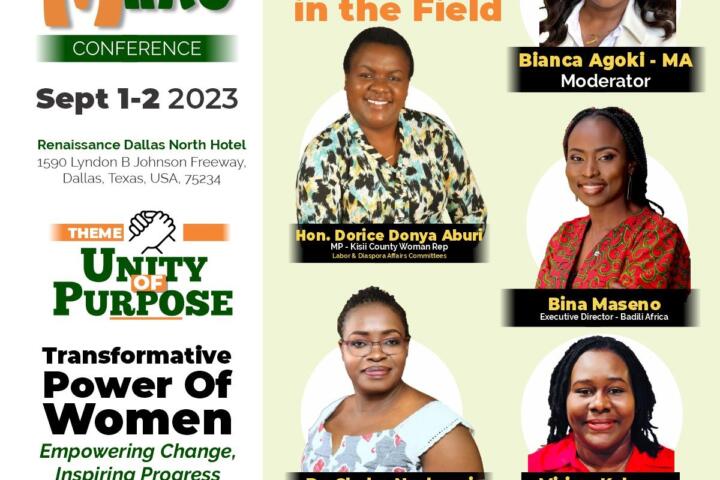Catholic-allied MPs have vowed to mobilize for the disbandment of NGO Board to preempt the imminent registration of a gay rights lobby group.
The lawmakers castigated the Supreme Court ruling that granted the lesbian, gay, bisexual, transgender and queer (LGBTQ) community the rights to form a lobby group.
Led by Bobasi MP Innocent Obiri, the group asserted that they will sponsor a bill in the House to avert the “negative consequences” of the apex court ruling.
“The National Council of NGO should be very careful and should do a through investigation on all organizations seeking to be registered,” Obiri on Wednesday.
“If the NGO council becomes a conduit in registration of such illegal activities in the country will take place, then Parliament will have no alternative that to move a bill for it disbandment,” he added.
Tongaren MP John Chikati who doubles up as the caucus Secretary General urged the Ministry of Education to be on high alert as the recruitment and promotion of homosexuality is mostly done in schools.
“I will move a bill in Parliament that we get the NGO council disbanded because the council has to be on the mainstream of promoting good practices. The bill should look onto our culture and traditions as well as our norms,” Chikati stated.
Criminalization of same-sex relations
Homabay Town MP Peter Kaluma said the caucus will move to the Supreme Court to seek a review of the ruling which he asserted is against the provision of Article 45(2) that espouses ‘family unit’ between two opposite sexes.
“There is no right to be gay, lesbian or queer. I want them to outline the article that gives them the right to be gay. Its criminal to engage in these practices,” he said.
He decried that the security agencies have failed in enforcing the existing laws concerning the prohibiting the existence of lesbian, gay, bisexual, transgender and queer (LGBTQ) community.
“If the police are not acting, what remedies do we have as a public. We are giving the police notice to move and enforce the existing law. If there is failure, we will be moving Kenyans to exercise citizenship arrests,” Kaluma said.
The Homabay Town MP is seeking to sponsor a bill that would impose a life sentence on those convicted of engaging in homosexuality and other unnatural sexual acts.
The Penal Code prohibits same-sex relations and criminalizes acts of “gross indecency” and “carnal knowledge against the order of nature”.
The law stipulates a 14-year jail term for those found guilty of engaging in homosexuality.
“I’ve been receiving a lot of threats from people pushing this demonic agenda. I don’t care if they denied me access to travel to foreign countries,” Kaluma stated.
“I take courage on the fact on 3 judges out of five supported the decision. We are going to request the Supreme Court in their full bench of seven to review that decision,” the lawmaker stated.
Supreme Court verdict
Three judges in the five-judge bench ruled that community members have a right to associate even though the law considers same-sex marriages illegal.
The decision by the apex court followed an appeal arising form the Court of Appeal by the lesbian, gay, bisexual, and transgender (LGBT) had successfully challenged an appeal by the board against a favorable High Court decision.
The Supreme Court held the board violated the right to non-discrimination by refusing to accept the names proposed.
“The court was of the view that the appellant’s decision was discriminatory and that it would be unconstitutional to limit the right to associate, through denial of registration of an association, purely on the basis of the sexual orientation of the applicants,” the court ruled.
The court however pointed out that all persons, whether heterosexual, lesbian, gay, intersex or otherwise, will be subject to sanctions if they contravene existing laws, including Sections 162, 163 and 165 of the Penal Code.
Justices Mohamed Ibrahim and William Ouko however wrote dissenting opinions against a majority decision by Justices Philomena Mwilu (DCJ), Smokin Wanjala, and Njoki Ndung’u.
Ibrahim and Ouko held the decision by the NGO Board was not discriminatory and that it did not infringe Article 27 of the Constitution (2010).
The two also argued that the board has the discretion to refuse to register any association if the association does not meet certain specified conditions spelt in the law.
Nation







